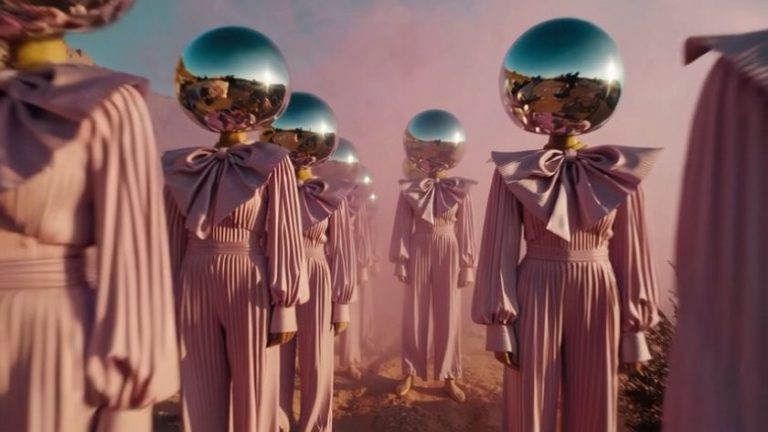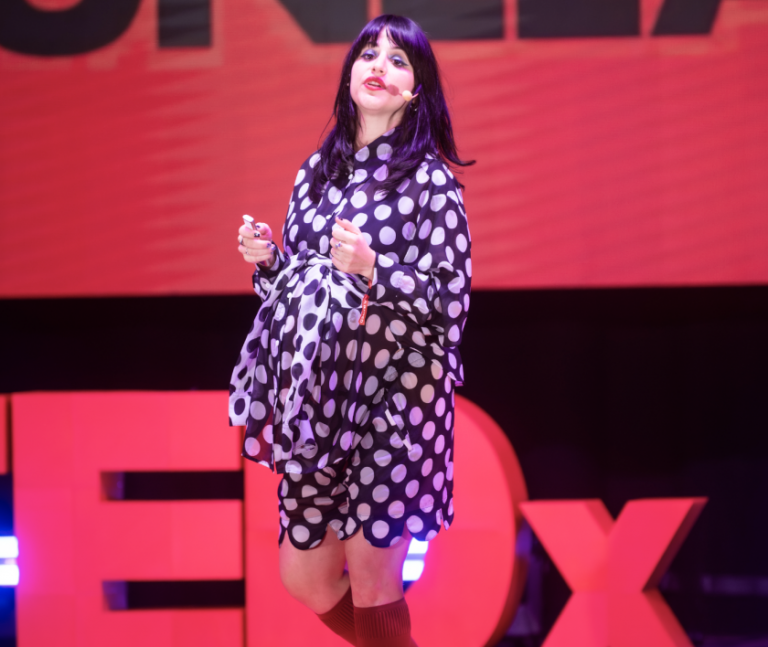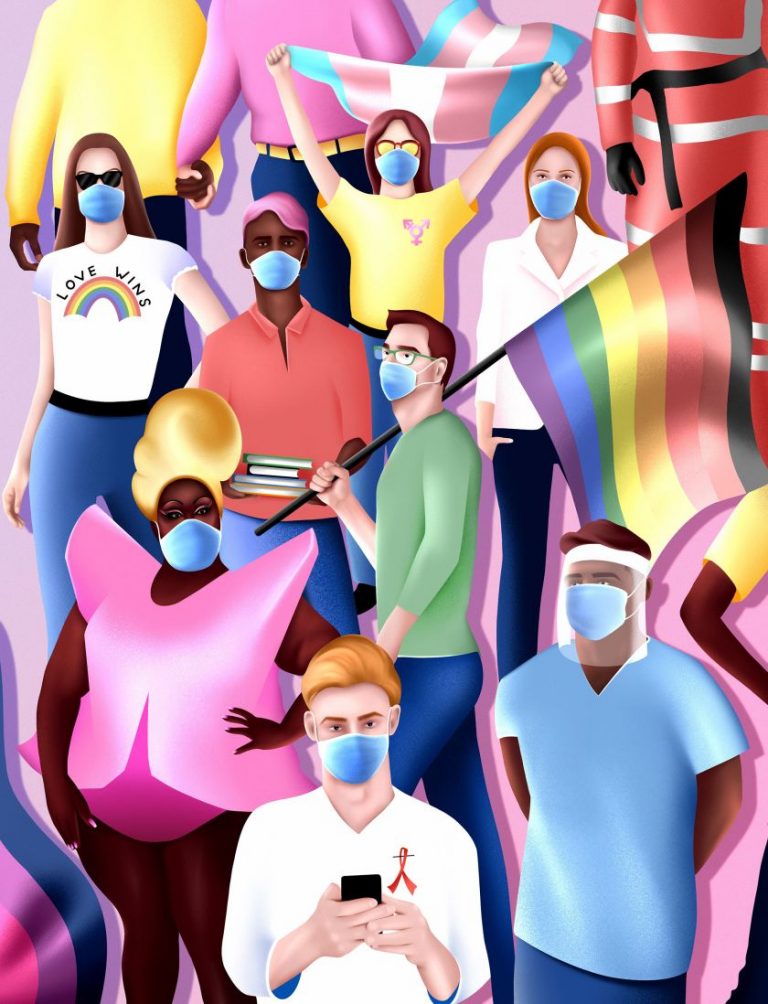Brooklyn-based illustrator and visual artist Pepita Sandwich explores the multifaceted role of crying in her new book The Art of Crying: The Healing Power of Tears. Packed with research, revelations, and Pepita’s amazing illustrations, it promises to shed new light on the misunderstood emotional expression.
Pepita Sandwich is no stranger to crying. According to her mum, she let out a steady stream of tears until the age of nine, and upon moving to New York in 2019, the Argentinian artist relied on crying to help her settle into her new life. When we last spoke to Pepita about the benefit of crying, she hinted that she was working on a book about it, and now it’s finally here.
Titled The Art of Crying: The Healing Power of Tears, Pepita’s upcoming book delves into the multifaceted role of crying as a healing power across various topics and cultures through comics and visual essays. Published by Short Books, the delightfully illustrated 208-page book is yours to own from 9 May, but to whet your appetite, we caught up with Pepita to get a taste of what to expect.
It perhaps comes as no surprise that Pepita chose to focus on crying. Tears often feature in her artworks, and she even started compiling an illustrated diary of when she cried in 2020. “Crying is such a powerful and universal human experience,” she tells Creative Boom. “It’s the most genuine expression of emotion that transcends cultural and linguistic boundaries.”
Pepita frequently explores the depths of human emotions, but she is particularly drawn to tears because they are raw and vulnerable moments. “There’s a complexity to tears—they can signify pain, joy, sorrow, relief, or even catharsis,” she adds. Exploring crying in my art allows me to delve into the complexity of human emotions and the human condition itself.”
In The Art of Crying, Pepita examines the science behind tears and how crying serves as a release that allows people to process and express their emotions. Using a combination of research, autobiographical anecdotes, and cultural insights, she looks at the sociological and psychological effects of crying.
It also delves into how crying can promote emotional well-being by reducing stress, enhancing a person’s mood, and fostering empathy. Meanwhile, the cultural significance of tears is also put under the microscope as Pepita highlights how different societies view and interpret crying.
“Overall, it’s an extensive exploration of crying as a powerful tool for emotional healing, embracing them and emphasising its importance in promoting overall well-being and connection with others,” she says.
Part of what makes crying so fascinating for Pepita is that it’s often misunderstood. “Crying or seeing others cry often comes with moments of introspection and self-reflection,” she explains. “Many individuals may find themselves uneasy with displaying vulnerability because we have been taught not to cry publicly for so long.
“Crying is still taboo and often misunderstood due to a combination of cultural norms, societal expectations, and individual beliefs about emotions. Different cultures have varying attitudes and beliefs about crying, and I think we can learn a lot about cultures that celebrate tears.”
Then, there are gender stereotypes, which also play a huge part in crying. ” In many societies, there’s a perception that crying is more acceptable or even expected from women, while men are often discouraged from showing vulnerability or expressing their emotions,” says Pepita. “This can lead to complicated feelings about the emotional experiences of individuals based on their gender.
“Some people think that crying equals weakness or lack of control. This misconception overlooks the strength and courage it takes to be vulnerable and express emotions openly. As a result, crying may be perceived negatively, especially in professional contexts where strength and resilience are highly valued. There’s pressure to suppress or ignore our emotions.”
Due to the extensive research that went into it, The Art of Crying has been years in the making. Pepita delved into psychology, sociology, anthropology, and neuroscience to gain a comprehensive understanding of crying.
“I found the work done by Ad Vignoneths especially interesting. He is a clinical psychologist who focuses on stress and emotion,” she reveals. He has spent more than 20 years studying when and why we cry and how the study of crying may help us obtain better insight into human nature.
“It’s intriguing because there are still missing pieces in the complicated puzzle of human emotions; there is still much to discover about the intricacies of the human brain.”
This led Pepita to realise that crying is far more complex and profound than she previously thought. “It’s not just about the shedding of tears; it’s about the combination of emotions, biology, and our social dynamics,” she says.
“Now more than ever, I try to encourage myself to feel empathy and understanding towards those crying in public. Instead of judging or shaming them, I offer support and reassurance. Recognise that everyone experiences emotions differently and that crying is a normal part of the human experience.”
However, the most surprising thing Pepita learned while making The Art of Crying is that there is a huge diversity of cultural interpretations and expressions when it comes to tears. “While crying is a universally human phenomenon, its significance, rituals, and even social norms surrounding it vary greatly across different cultures, societies and old civilisations,” she concludes.
“For example, in some cultures, crying is viewed as a sign of strength and emotional authenticity, while in others, it may be associated with weakness or loss of control.
“Additionally, I was fascinated to discover anecdotes, such as David Bowie recording an entire song while in tears or Gloria Steinem crying whenever she gets too angry. I also found the work of professional criers and mourners around the world completely fascinating.”










